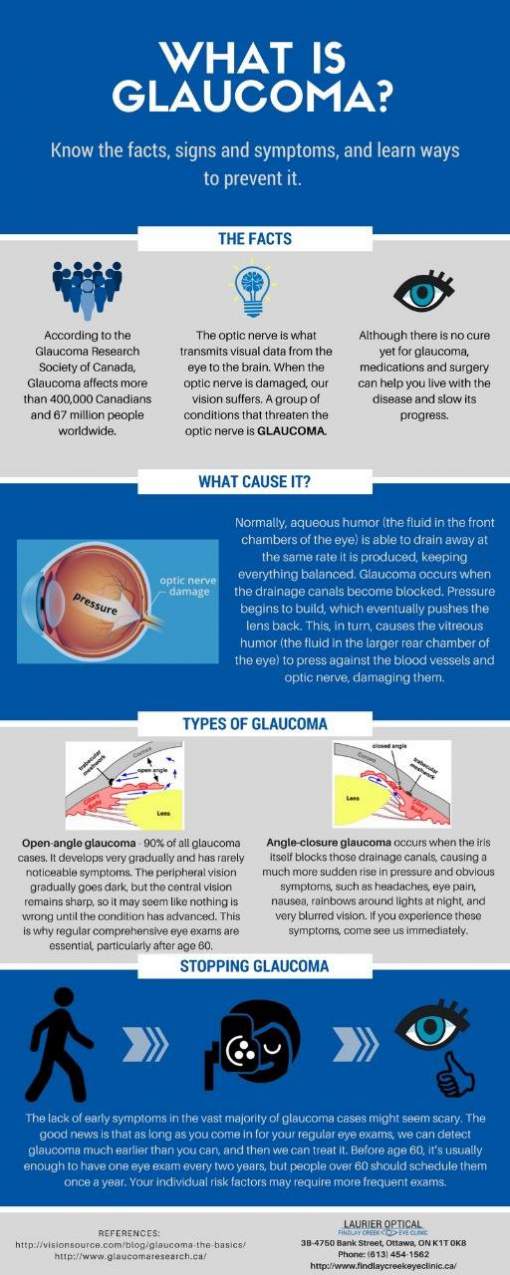Navigating Cataract Surgical Procedure: A Caretaker'S Perspective On Supporting A Family Member
Navigating Cataract Surgical Procedure: A Caretaker'S Perspective On Supporting A Family Member
Blog Article
Material Author-Spencer Block
As a caregiver supporting a loved one encountering cataract surgery, your function is crucial in ensuring their comfort and recovery. From pre-surgery preparations to post-operative treatment, your visibility and aid can make a considerable distinction in their journey. Comprehending the psychological and physical difficulties they might run into, giving functional aid, and being their column of assistance are crucial elements in this process. Keep in mind, your function exceeds simply providing help; it's about being a source of strength and comfort during a substantial stage in their life.
Understanding Cataract Surgical Procedure Process
Discovering the actions associated with cataract surgical treatment can aid ease any kind of anxiousness or unpredictability you may have about the treatment. Cataract surgical procedure is a common and very effective procedure that includes removing the cloudy lens in your eye and replacing it with a clear fabricated lens.
Prior to the surgical procedure, your eye will be numbed with eye drops or an injection to ensure you do not really feel any kind of pain during the procedure. The surgeon will certainly make a tiny laceration in your eye to access the cataract and break it up using ultrasound waves before carefully removing it.
Once the cataract is removed, the artificial lens will certainly be put in its location. The whole surgical treatment typically takes around 15-30 mins per eye and is usually done one eye each time.
After the surgery, you may experience some moderate discomfort or blurred vision, yet this is typical and must enhance as your eye heals.
Readying for Surgical Treatment Together
To make certain a smooth and hassle-free experience, getting ready for cataract surgical treatment together can make a considerable distinction in your enjoyed one's trip. Start by going to pre- LASIK Astigmatism Success Rate with them. cataract surgery vivity lens , you can ask inquiries, recognize the procedure, and supply emotional support.
Help them arrange their pre-operative instructions, drugs, and transportation to and from the medical facility. See to it their home is ready for their recovery by establishing a comfortable area with very easy accessibility to crucial items.
Help them in scheduling post-operative care if required, such as aid with meals or household duties. Encourage them to follow the medical professional's advice pertaining to fasting prior to surgery and medicine procedures.
Comfort them that you'll be there for them every step of the method. By proactively taking part in the prep work process, you can reduce anxiousness and make sure that your enjoyed one really feels sustained and looked after during this essential time.
Post-Operative Treatment Tips
After cataract surgical procedure, giving correct post-operative treatment is critical for your loved one's recuperation. Ensure they put on the safety guard over their eye as advised by the medical professional. Help them carry out recommended eye drops and medicines promptly to avoid infection and aid healing.
Motivate your liked one to prevent touching or rubbing their eyes, as this can lead to difficulties. Help them in following any type of restrictions on flexing, lifting hefty objects, or taking part in strenuous activities to prevent stress on the eyes. See to it they participate in all follow-up appointments with the eye physician for keeping track of progression.
Maintain the eye area clean and completely dry, staying clear of water or soap straight in the eyes. Urge your enjoyed one to use sunglasses to safeguard their eyes from brilliant light and glare throughout the recovery procedure. Hold your horses and encouraging as they recover, providing help with everyday jobs as required.
Verdict
To conclude, sustaining a liked one through cataract surgery includes being there every action of the means, from pre-surgery prep work to post-operative care. Your emotional support, functional assistance, and encouragement can make a substantial difference in their recuperation procedure. By remaining educated, arranged, and alert to their needs, you can help ensure a successful outcome and give them with the convenience and confidence they require during this challenging time.
